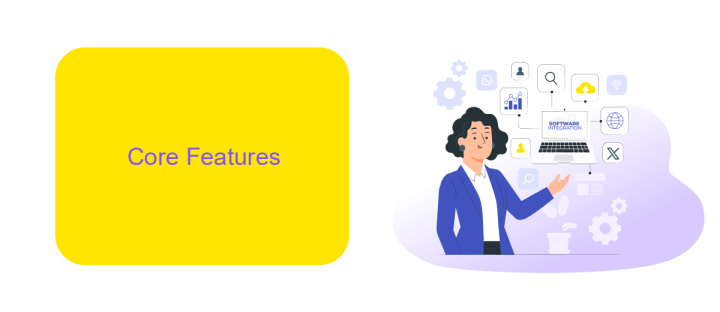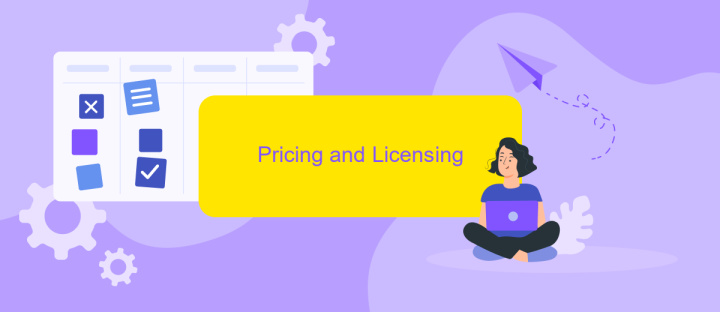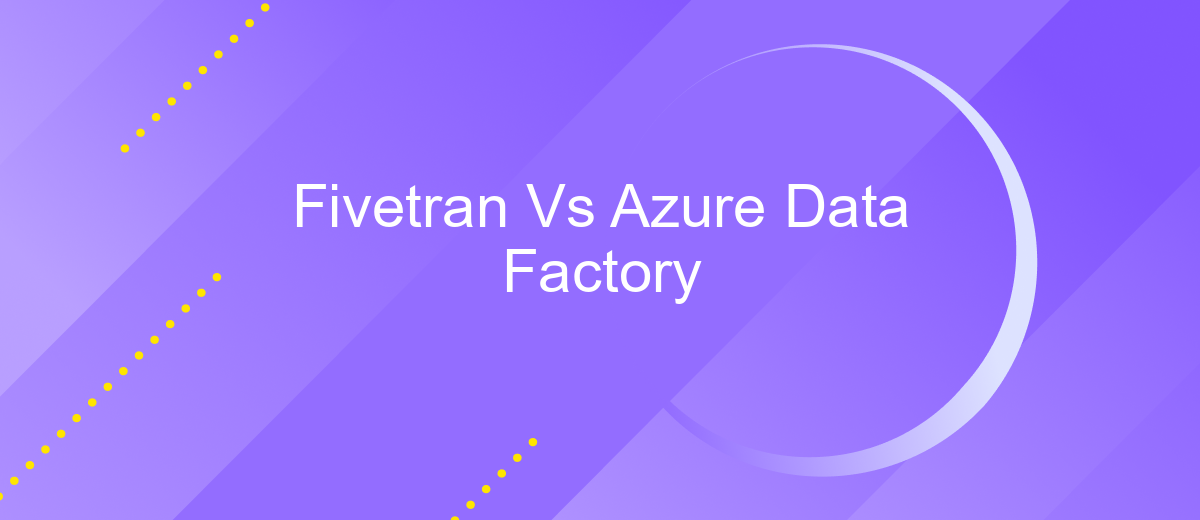Fivetran Vs Azure Data Factory
Choosing the right data integration tool is crucial for efficient data management and analytics. In this article, we compare Fivetran and Azure Data Factory, two popular solutions in the market. We'll explore their features, ease of use, pricing, and performance to help you determine which tool best fits your organization's needs and objectives.
Introduction
In today's data-driven world, businesses need efficient tools to manage and integrate their data from multiple sources. Two popular solutions for this are Fivetran and Azure Data Factory. Both platforms offer robust data integration capabilities, but they cater to different needs and use cases. Understanding their features, strengths, and limitations can help organizations make informed decisions about which tool best suits their data integration requirements.
- Fivetran: Known for its ease of use and automated data pipelines, Fivetran simplifies the process of connecting various data sources and destinations without requiring extensive coding or maintenance.
- Azure Data Factory: A comprehensive data integration service provided by Microsoft, Azure Data Factory offers advanced data transformation and orchestration capabilities, making it suitable for complex data workflows and enterprise-level projects.
Additionally, services like ApiX-Drive can further enhance the data integration process by providing seamless integration solutions that connect various applications and automate workflows. By leveraging these tools, businesses can streamline their data operations, improve data accuracy, and ultimately drive better decision-making.
Core Features

Fivetran offers automated data integration with pre-built connectors for a wide range of data sources, ensuring seamless data extraction, loading, and transformation (ELT). Its core features include automatic schema migration, real-time data synchronization, and simple setup with minimal maintenance. Fivetran's platform is designed for scalability and reliability, providing businesses with the ability to centralize data from various sources into their data warehouse efficiently.
Azure Data Factory (ADF) provides a comprehensive data integration service that supports complex data workflows. Key features include a wide array of connectors, data transformation capabilities using Data Flow, and integration with other Azure services. ADF also offers robust scheduling and monitoring tools, enabling users to design, orchestrate, and manage data pipelines effectively. Additionally, services like ApiX-Drive can complement ADF by offering easy-to-configure integrations and automation for various applications, further streamlining data workflows.
Pricing and Licensing

When comparing Fivetran and Azure Data Factory in terms of pricing and licensing, there are notable differences to consider. Fivetran offers a straightforward pricing model based on the volume of data processed, making it easier for businesses to predict costs. Azure Data Factory, on the other hand, has a more complex pricing structure that includes charges for data movement, pipeline orchestration, and data flow execution.
- Fivetran: Charges based on monthly active rows (MAR), with different tiers for different volumes of data.
- Azure Data Factory: Involves costs for data pipeline activities, data movement, and integration runtime usage.
Both platforms offer flexible pricing plans, but the complexity of Azure Data Factory's pricing might require more careful planning and monitoring. For businesses looking to integrate various services seamlessly, tools like ApiX-Drive can be valuable. ApiX-Drive simplifies the integration process and can help manage costs effectively by providing clear insights into data usage and pipeline efficiency.
Security and Compliance

When it comes to security and compliance, both Fivetran and Azure Data Factory offer robust solutions to ensure your data is protected and meets regulatory standards. Fivetran employs end-to-end encryption, both in transit and at rest, ensuring that your data is secure throughout the entire pipeline. Azure Data Factory, on the other hand, leverages Azure's extensive security features, including Azure Active Directory integration and role-based access control.
Compliance is another critical aspect where both platforms excel. Fivetran complies with major industry standards such as GDPR, HIPAA, and SOC 2, providing peace of mind for businesses operating in regulated environments. Azure Data Factory also meets a wide range of compliance standards, benefiting from Microsoft's compliance portfolio, which includes certifications like ISO/IEC 27001 and FedRAMP.
- Fivetran: End-to-end encryption, SOC 2, GDPR, HIPAA
- Azure Data Factory: Azure Active Directory, role-based access control, ISO/IEC 27001, FedRAMP
For businesses looking to streamline their integration processes while maintaining high security and compliance standards, tools like ApiX-Drive can be invaluable. ApiX-Drive offers seamless integration capabilities with various platforms, ensuring that your data workflows remain secure and compliant across different services.
Conclusion
In conclusion, both Fivetran and Azure Data Factory offer robust solutions for data integration, each with its unique strengths. Fivetran excels in ease of use and quick setup, making it an excellent choice for businesses looking for a straightforward, automated data pipeline. On the other hand, Azure Data Factory provides a more comprehensive and flexible platform, suitable for enterprises that require advanced data transformation capabilities and seamless integration with other Azure services.
Ultimately, the choice between Fivetran and Azure Data Factory depends on your specific business needs and technical requirements. For those seeking an additional layer of integration simplicity, services like ApiX-Drive can further streamline the process by offering user-friendly tools for connecting various applications and automating workflows. By carefully evaluating your organization's goals and resources, you can select the most appropriate solution to optimize your data management strategy.


FAQ
What are the primary differences between Fivetran and Azure Data Factory?
Which service is easier to set up for a non-technical user?
How do both services handle data transformation?
Can these services integrate with popular SaaS applications?
Which service is more cost-effective for small to medium-sized businesses?
Apix-Drive is a simple and efficient system connector that will help you automate routine tasks and optimize business processes. You can save time and money, direct these resources to more important purposes. Test ApiX-Drive and make sure that this tool will relieve your employees and after 5 minutes of settings your business will start working faster.

